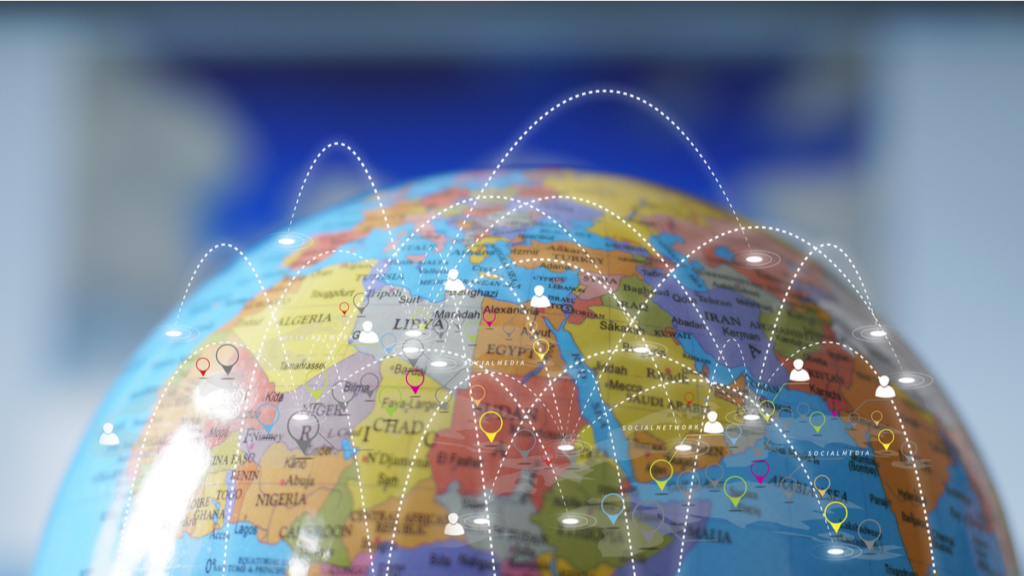Last week I wrote about the importance of a rules-based international order to the travel and tourism industry. In the immediate aftermath of Joe Biden’s inauguration, there was reason to be optimistic. The row about vaccine supplies into Europe and the temporary threat of border controls on trade in vaccines is a reminder of the power of national self-interest. It is easy to point the finger at Europe and accuse it of a failure of leadership. In recent years nationalism has been a significant driver of policy, driven, at least in part, by pressure from the electorate. Bring Back Travel’s map continues to reveal the patchwork of open and closed borders.
COVID-19 is an RNA virus, and they mutate over time. Hence the annual flu vaccination programme. John Hopkins University reports that new variants have merged in the UK, South Africa, Brazil, California and other areas. Each time a new variant emerges, there will be a concern that it will be more infectious, more dangerous, or more easily caught by a group not affected by current variants. This difficulty is compounded by uncertainty about whether or not those vaccinated can be asymptomatic carriers.
The last global pandemic was the influenza virus which emerged in America in the wake of world war one and became known as Spanish Flu, they did not have censorship, so Spain got the blame. A century later, the World Health Organization estimates that 290,000 to 650,000 people worldwide die of respiratory diseases linked to seasonal flu each year. We have vaccinations and treatments, and we have learnt to live with it. New variants arise each year, annual vaccination is required
It is improbable that there will be a post-COVID world. Our sector will need to learn to deliver business and leisure travel in a world where COVID-19, and its variants, will pose a health risk for tourists and destination residents alike. Travellers and tourists are essential to the spread of the virus. It relies on human to human transmission. As long as there are areas of the world where the virus is rampant, there will be a risk that new more virulent and dangerous variants will occur and be spread by travel – domestic and international.
Our industry needs to evolve to thrive in a world where trust and safety are again an issue. The cruise lines were badly impacted last year as outbreaks occurred on ships which then struggled to disembark passengers. Potential travellers will need to feel confident about their travel plans, and they are complex. Car travel has an advantage over public transport to the airport, where the traveller will inevitably have potentially harmful contact with staff and other travellers from multiple places, as they will on the aircraft. In the destination, travellers will have concerns about their accommodation, local transport and contact with other travellers and residents who may be infectious.
As the virus is brought under control, the origin of outbreaks will result in media investigations, just as food poisoning episodes are now. How much will insurance cost for cover against the risk of being trapped away from home by quarantine regulations or hospitalised with the virus? Will self-certification on hygiene be sufficient to reassure travellers and holidaymakers? For destinations to thrive, they will need to have low infection levels and high levels of compliance by residents and visitors with health and hygiene protocols. The new normal will not be business as usual, and there will be additional health and hygiene management costs.
There is more about COVID-19 and the New Normal in the latest edition of Responsible Tourism News.
